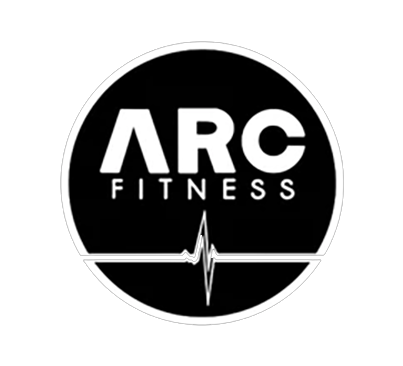No products in the basket.
Uncategorized
Post-Natal Depression & Addiction
Post-natal depression & Addiction
Now, you might have guessed by now that I’m not a woman! So before I delve into this blogpost let me highlight that;
- I am not an expert on childbirth;
- I haven’t given birth;
- had a C-Section;
- nor a vacuum or forcep delivery.
I am however a dad, and my desire to write about this stemmed from my own adjustment to fatherhood. I found it tough; unexpectedly tough. There were times I wished I had breasts when Zoey wouldn’t take a bottle- ever, so I can only try to imagine how difficult it is for a woman and mother.
So, as magical as welcoming a new baby into the world is magical, it can also be scary.
With at least 10-15{6a401f752cb3568a2d5800cabbf60b88de184f5d248c967e29e47dfca872a621} of new mums in the UK struggling with post-natal depression (NHS 2019), it is essential that mothers AND their loved ones are also keeping an eye on their mental health.
Firstly, What is post-natal depression?
Post-natal depression is a subset of depression that affects mothers, usually between two weeks to a year, after giving birth. Many symptoms are similar to those associated with regular depression, including:
• Severe mood swings.
• Avoiding loved ones.
• Anxiety.
• Loss of appetite.
• Crying spells.
Further to these symptoms, additional symptoms of post-natal depression may include:
• Feelings of doubt in a mother’s ability to provide adequate care for their child.
• Difficulties bonding with the baby.
• Can increase thoughts of self-harm.
• In some instances increased thoughts of harming the baby.
It’s clear to see how these symptoms can make it difficult for mums diagnosed with post-natal depression to effectively care for themselves and their baby.
Add in all of the new responsibilities, isolation and expectations of motherhood, it’s easy to see why many women end up self-medicating with drugs and alcohol. If left unresolved this can have detrimental effects on both the mother and family.
It can become very easy for that bottle of wine at the end of the day to relieve stress or negative feelings, to become two bottles; everyday; every week (for me it was exercise).
Quickly this can lead to a physical and psychological dependence which will only exacerbate depression symptoms further.
Mothers who binge drink as a result of post-natal depression also put their babies at risk, particularly those who are breastfeeding. Alcohol can pass from mother to child and studies have shown that this can stunt a baby’s growth.
Also, if an emergency situation was to arise in the night, how successful at managing it intoxicated do you think you might be?
It’s important to note that it’s not just infants that can be affected. For older children witnessing a parent binge drink, this then becomes a normal expectation for them. It blurs the line between responsible drinking for adults and alcoholism. It is possible that further down the line, they may be more likely to make poor choices when they start using alcohol.
Depression is tough, I have had my own struggles with that, so I can only but try and imagine how hard motherhood is with post-natal depression.
However, I do know that self medicating with a drink or a drug is nothing but a double edged sword and one that usually only wields a negative outcome in the long run.
There are resources and services out there to help mums cope with their new lives and overcome post-natal depression and / or subsequent addiction issues.
I think it’s important for mums to know that they are not alone, and chances are, reaching out to someone WILL get you the help need.
Hope this helps.
